The ICOLIM Fair, dedicated to live-line work in Europe, was established 25 years ago. This fair takes place every three years in one of the various European countries performing live-line work: Hungary, France, Italy, Germany, Spain, Portugal, Romania, Poland, Croatia, and the Czech Republic. The 12th edition was held in Strasbourg from April 26 to April 28, 2017.
This event has become essential as an increasing number of electricity transmission and/or distribution network operators around the world use this technique. The benefits of live-line work are well-established, as it allows for necessary flexibility in operating electrical networks for maintenance work without interruption.
Live-line work is a well-proven technique that has been used for several decades. It relies on safe techniques, rigorous organization, proven work methods, and the professionalism of operators, which ensures maximum safety.
Approximately 600 people from across Europe attended this congress to discuss various topics, including the techniques used, operational modes, latest developments, training, regulations, and safety.
ICOLIM participants had the opportunity to witness a demonstration day at the 400 kV Scheer substation (near SELESTAT), where various Transmission System Operators (TSOs) such as RTE and Distribution System Operators (DSOs) like ENEDIS and Strasbourg Electricité Réseau presented different live-line operations in Low Voltage, Medium Voltage, and High Voltage, as illustrated in the attached photographs.
This day was an opportunity to showcase both classic and innovative methods. Some of these innovations were developed by French transmission or distribution network operators in collaboration with suppliers and are presented in this document.
The ICOLIM fair demonstrates that progress in techniques and tools is significant and reflects the dynamism of the live-line work industry. The numerous achievements worldwide highlight the ingenuity of teams that develop bold operational methods to carry out maintenance work without disrupting the electricity network users.
Louis DEVATINE


